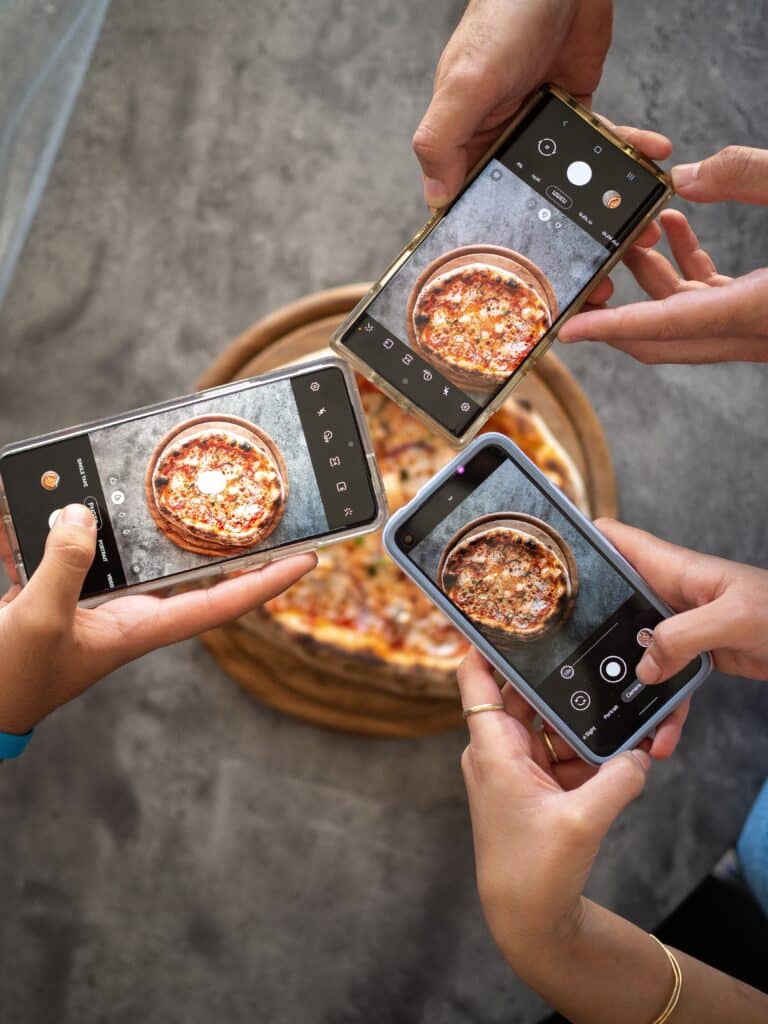The impact of younger generations on marketing strategies has grown in significance in today’s quick-changing and dynamic digital environment. While millennials have long been the focus of marketing initiatives, Generation Z, often known as Gen Z, has recently grabbed the lead. Gen Z is the first generation that was genuinely born into the digital age, having been born between the mid-1990s and early 2010s. Their distinctive traits, actions, and interests make them a marketing force to be reckoned with. In this blog post, we’ll look at why Gen Z will continue to have a big influence on marketing, even more so than millennials did.
Gen Z is a game-changer for marketers. They have grown up in a digital world, and their preferences and behaviours are reshaping the marketing landscape.
– Joe Martin, Head of Social Insights at Adobe

Gen Z’s Digital Native Status
Gen Z has grown up with technology as a central aspect of their lives, in contrast to prior generations. Since they were born into the digital age, they have never lived in a society where there aren’t smartphones, social media, or quick connections. Their degree of media intake, communication preferences, and general behaviour have all been significantly influenced by this level of technology immersion. Gen Z is well-versed in digital platforms as a result, and they anticipate that brands will accommodate them. Marketing professionals must adjust to this reality and develop specialised methods that appeal to this technologically savvy generation.
Authenticity and Transparency
More than any prior generation, Gen Z places a premium on transparency and authenticity. They have grown up in a society where knowledge is easily accessible, therefore they are adept at identifying deceptive marketing tactics. Brands must be sincere, open, and purpose-driven if they want to connect with Generation Z. Gen Z is deeply committed to social causes and anticipates active brand support. Supporting businesses that share their values and exhibit social responsibility is more likely. For marketers, this demand for authenticity offers a chance to forge sincere relationships with Gen Z consumers.
Gen Z is the most powerful consumer group in history. Their digital fluency, authenticity radar, and desire for personalised experiences have transformed marketing strategies.
– Deep Patel, Entrepreneur and Author.
Visual and Experiential Marketing
A visually oriented generation, Gen Z. They are used to getting their information from visually appealing media like pictures, movies, and interactive activities. Marketing professionals must put focus on visual storytelling and develop immersive experiences that enthral and engage Generation Z. Instagram, YouTube, and TikTok have emerged as the main inspiration and entertainment platforms for Generation Z. Brands have a higher chance of connecting with Gen Z and winning their loyalty if they use these platforms and provide aesthetically appealing content.
Personalised and Interactive Experiences
The Gen Z generation anticipates personalised experiences catered to their own preferences. They emphasise individualisation and customisation in all facets of their lives, including contact with marketers. Gen Z will be interested in brands that can offer tailored products, personalised recommendations, and engaging experiences. This generation values being a part of the creative process and anticipates that businesses will pay close attention to what they have to say. Marketers may provide individualised experiences that establish strong connections with Gen Z consumers by utilising data-driven insights and utilising emerging technology.
Gen Z is the generation that doesn’t want to be marketed to; they want to be engaged with.
– Jeff Fromm, Author and Youth Marketing Expert.

Key Take Away
The Gen Z group has grown up in a digital environment that is undergoing rapid change, and they bring distinct viewpoints and expectations to the marketing industry. They will continue to have a greater impact on marketing tactics than millennials since they are digital natives and value authenticity, visual appeal, and customised experiences. Marketers need to be aware of the preferences of Gen Z consumers, embrace new platforms and technologies, and build sincere relationships based on shared values. Businesses may remain ahead of the curve and establish enduring relationships with this powerful generation by understanding the significance of Gen Z’s influence on marketing.






